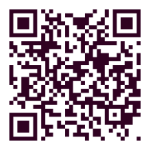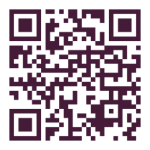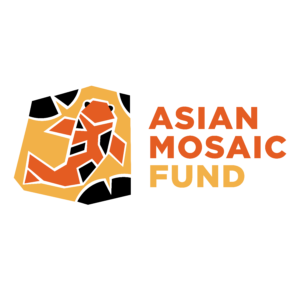Contact Usiloquy
Shaily Dadiala
Artistic Director
shaily@usiloquydance.org
267-324-5917
Contact Usiloquy
Shaily Dadiala
Artistic Director
shaily@usiloquydance.org
267-324-5917
Stay in Touch with Usiloquy
Usiloquy’s work is made possible by generous support from
Usiloquy Dance Designs is a not for profit, charitable organization under section 501©(3) of the Federal tax code.
Leadership support for the New Stages for Dance Initiative is provided by
Please extend your tax-deductible donation and help Usiloquy build cultural bridges.
Check or money orders made out to:
Usiloquy Dance Designs
Philadelphia, PA 19125


Acknowledgement
Usiloquy Dance Designs would like to acknowledge the art form which we are practicing as Bharatanatyam today is a reimagining of a dance culture originally practiced by members of the courtesan hereditary community (i.e. the Isai Vellalar community including female dancers/devaradiyars and male dance teachers/nattuvanars). This art practiced by members from the community was performed at various sites including temples and royal courts from Tamil and Telugu-speaking parts of South India. We acknowledge the art practiced by this community was politically, socially, and aesthetically challenged during the 19th and early 20th centuries. We are aware of the multiple aesthetic changes which have gone into the reimagining of Bharatanatyam today. We are thankful that we are able to practice and perform this newly recreated version of Bharatanatyam on this land today.
Gratitude to Nrithya Pillai, Hereditary Bharatanatyam Dancer and Activist for heralding the discourse. Acknowledgement statement worded by Neeraja Ramani and Prof. Hari Krishnan.
The land upon which we gather is the traditional territory of the Lenni-Lenape, called “Lenapehoking.” During the colonial era and early federal period, many were
removed west and north, but some remain among the continuing historical tribal communities of the region: The Nanticoke Lenni-Lenape Tribal Nation; the Ramapough Lenape Nation; and the Powhatan Renape Nation. We acknowledge the Lenni-Lenape as the original people of this land and their continuing relationship with their territory. In our acknowledgment, we affirm the aspiration of the great Lenape Chief Tamanend, that there be harmony between the indigenous people of this land and the descendants of the immigrants to this land.
Gratitude to Trinity Norwood, Nanticoke Lenni-Lenape Tribal Nation.





